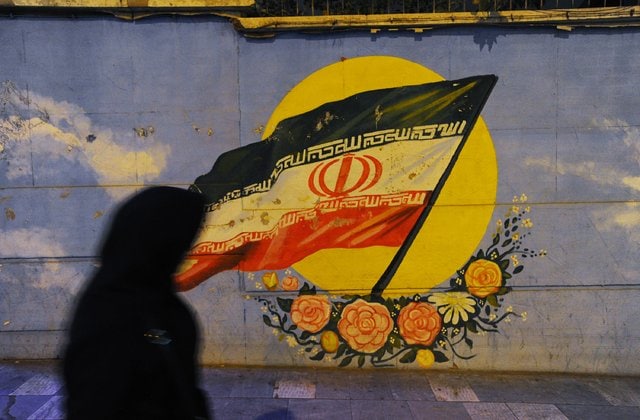On Tuesday, the Interior Ministry named the final candidates approved by the Guardian Council to run in the June 18 presidential elections. The list excluded several key candidates: Ali Larijani, Es’haq Jahangiri, Mahmoud Ahmadinejad, Mostafa Tajzadeh, Saeed Mohammad, Mohsen Hashemi Rafsanjani, and Ezzatollah Zarghami, among others.
The decision to bar Ali Larijani, an advisor to Iran’s Leader Ayatollah Seyyed Ali Khamenei and a parliament speaker for 12 years, from running for president has come as a shock to many, even to Sadegh Amoli Larijani, a member of the Guardian Council.
Amoli, who is Ali Larijani’s brother, strongly criticised the GC’s disqualification of candidates, and said in a series of tweets, “In the past 20 years, I have always defended the Guardian Council, even during the years when I was at the Judiciary; but I have never found the GC’s decisions more indefensible, either regarding the candidates approved or those disqualified.”
“This mess has been largely caused by the growing interferences of security bodies in the GC’s decision-making through false reports,” he added.
Amoli Larijani said his arguments at the Guardian Council’s meetings have been futile.
The decision even surprised Ebrahim Raisi, the key contender approved by the Guardian Council. He said in a video that he had already started his consultations with relevant authorities to make changes to the list of final candidates, and make the elections “more competitive”.
President Hassan Rouhani also wrote a letter to Ayatollah Khamenei, asking him to reconsider the GC’s decision if he deems appropriate.
“We have forgotten that the Islamic Republic’s legitimacy is guaranteed by people’s votes,” Rouhani said in a Wednesday meeting.
It is not unprecedented for Ayatollah Khamenei to change Guardian Council’s decisions. He overturned the Council’s decision in 2005 and allowed two disqualified reformist candidates to run for president.
Despite the calls for the revision of the list, almost all the key hopefuls disqualified by the Guardian Council have announced they accept the GC’s decision, and don’t want it overturned.
Ali Larijani said in a handwritten letter that he is pleased with the decision “now that the trend of election is unfolding this way.”
Ali Motahari, who was disqualified by the GC himself, also objected the disqualification of Larijani, and said, “Larijani has always been obedient to the Islamic Republic and had vast experiences for society.”
Motahari suggested that the reason for Larijani’s disqualification is that his daughter is living in the US.
Other reformist candidates like Masoud Pezeshkian and Es’haq Jahangiri and the conservative hopeful Ezzatollah Zarghami also said in separate statements that they accept the GC’s decision.
Meanwhile, Zahra Shojaei, the only woman who was expected to be qualified to run, expressed regret at the GC’s decision to bar all Iranian women from running.
However, she said the good thing that happened in this election was the GC’s interpretation of law on those who can run for president, which also included women.
“It was a positive step. I expected to be disqualified from running, but the important point is the progress we had regarding women’s participation in the elections,” she added.
